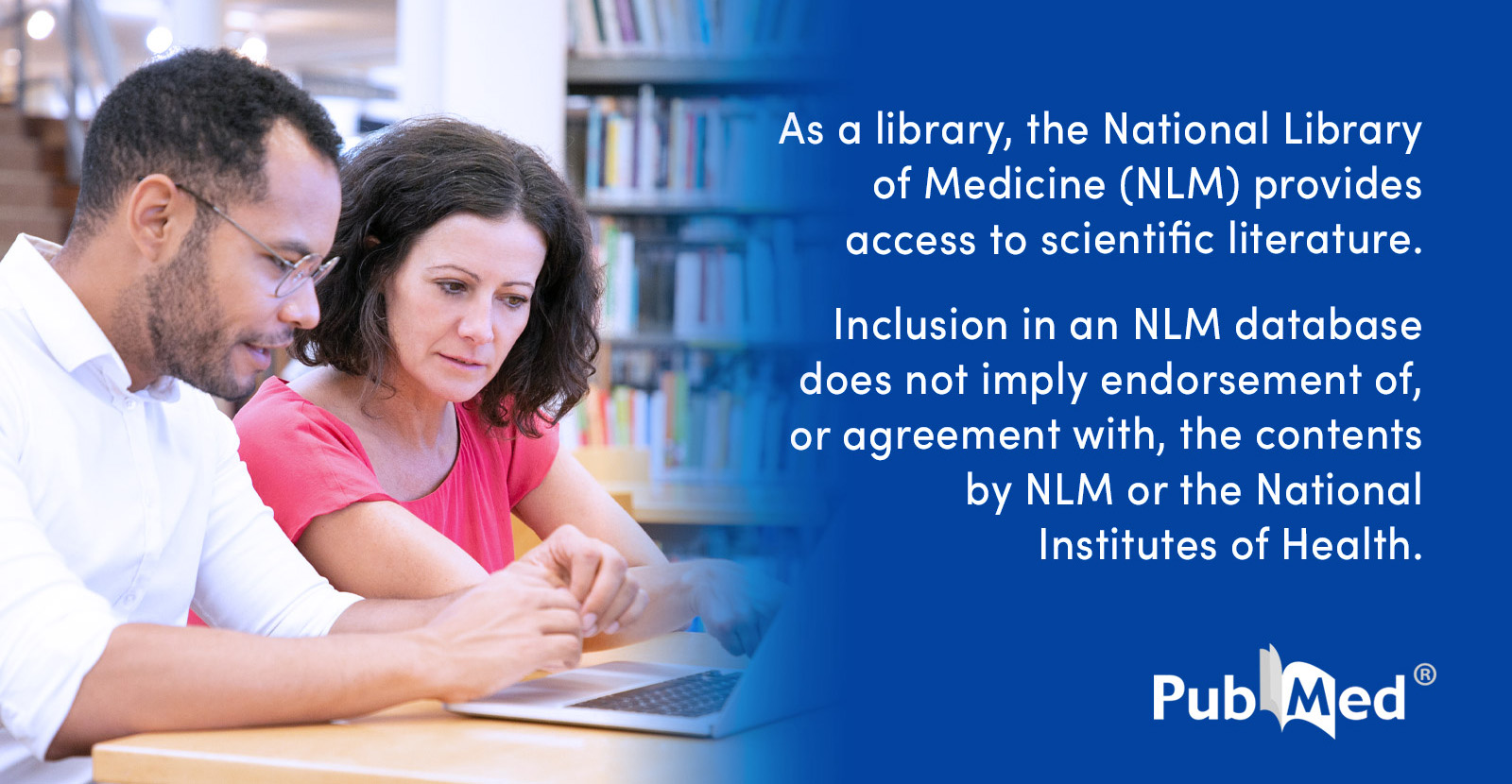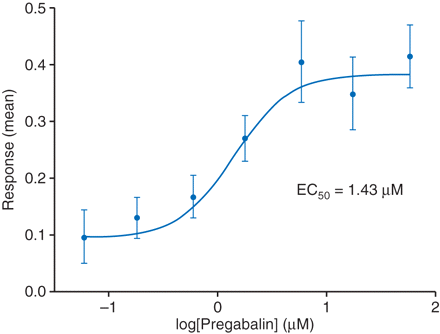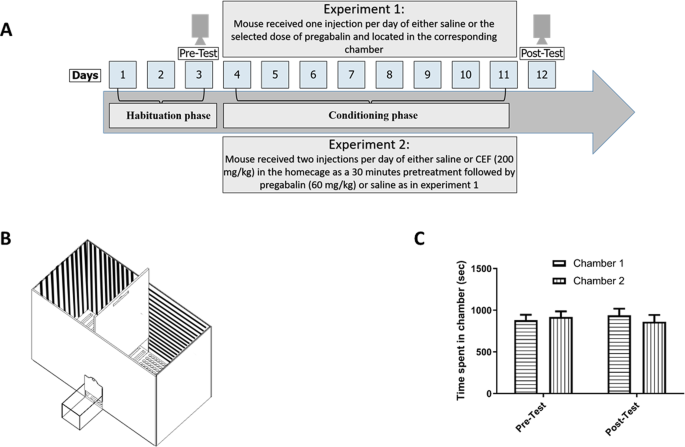brokedownpalace10
Bluelighter
- Joined
- Jun 30, 2022
- Messages
- 1,540
What are the differences in mechanism of action between Gabapentin/Pregabalin and Phenibut? I've read on here that Phenibut works the same way as the Gabapentinoids, but that it also has some other, added, things it does in your brain.
I read this within a post not dedicated to this question, so I've finding it hard to search for.
The local CBD store is selling Phenibut now and the employees are talking a lot about it. I'm mentioning how addicting it is, and they seem to be aware of that.
One of my strategies for taking Phenibut without getting addicted and also avoiding the risk of the nasty effects higher doses can have is to take 300/600 mg Phenibut and some also lower doses of Gabapentin and Pregabalin.
Last night I took 600 mg Phenibut, 150 mg Pregabalin, and 200 mg Gabapentin. I have a low tolerance to Gabapentinoids and keep it that way.
I felt pretty great with absolutely no bad effects in sight. The Phenibut flavors the rest nicely.
Anyway, before I get on my soapbox about the similarities and the strategies for Phenibut, I want to know my shit. Especially as to how they work in the brain.
I read this within a post not dedicated to this question, so I've finding it hard to search for.
The local CBD store is selling Phenibut now and the employees are talking a lot about it. I'm mentioning how addicting it is, and they seem to be aware of that.
One of my strategies for taking Phenibut without getting addicted and also avoiding the risk of the nasty effects higher doses can have is to take 300/600 mg Phenibut and some also lower doses of Gabapentin and Pregabalin.
Last night I took 600 mg Phenibut, 150 mg Pregabalin, and 200 mg Gabapentin. I have a low tolerance to Gabapentinoids and keep it that way.
I felt pretty great with absolutely no bad effects in sight. The Phenibut flavors the rest nicely.
Anyway, before I get on my soapbox about the similarities and the strategies for Phenibut, I want to know my shit. Especially as to how they work in the brain.




